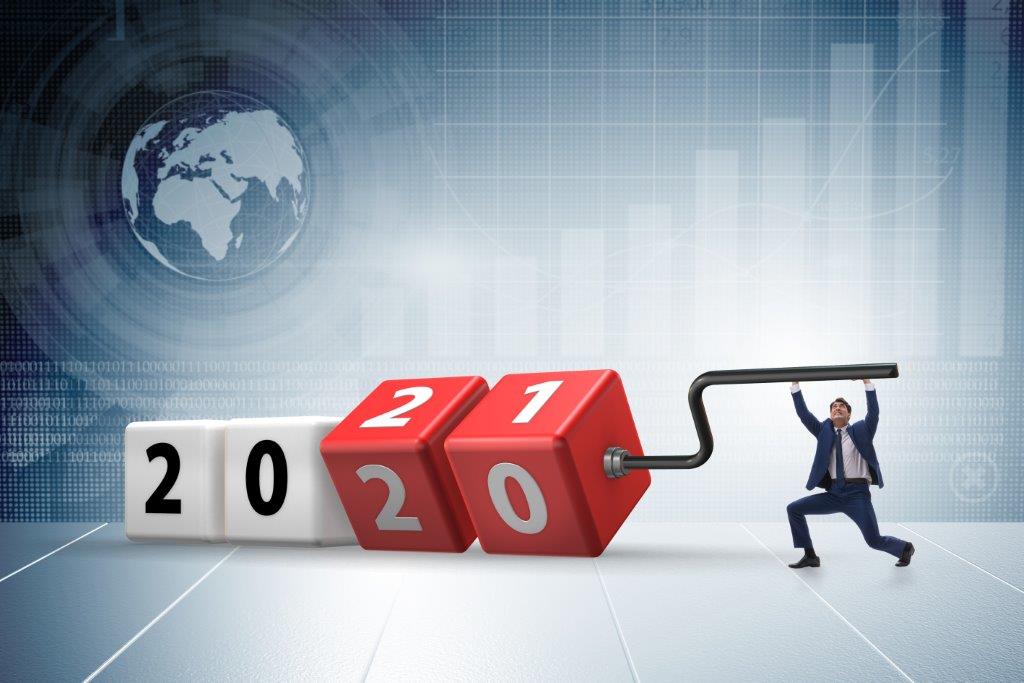
 Posted by - August 4, 2021 10:34 am
Oh, the times they are a changing
Posted by - August 4, 2021 10:34 am
Oh, the times they are a changing
When Bob Dylan told us that the times were changing in 1964, I was 9 years old, and it would be two years before Bobby Moore lifted the World Cup. The youngest amongst you may not have heard of Dylan, but his message resonates down the years. At that time, I had plans to become an airline pilot and was fascinated by all manner of flying things. Grammar School and university intervened and educated me to such a point that I commenced my first job in accountancy in 1978 and signed my articles with my then employer to commence as a trainee Chartered Accountant. I qualified in 1982 and soon learnt that the tax year used by HM Revenue & Customs (then called the Inland Revenue) was 5th April.
So how did this strange date come about?
The source of all knowledge, the internet, tells me that it all began in 1582 when Pope Gregory XIII ordered a change of calendar from the Julian (named after Julius Caesar), which had been in use since 42 BC. The Julian calendar, which consisted of eleven months of 30 or 31 days and a 28-day February (extended to 29 days every fourth year), was actually quite accurate. After centuries, though, even a small inaccuracy like this adds up. By the 1500’s it had put the Julian calendar behind the solar calendar by 10 days.
However, the British did not make the change in 1582, so there was a difference of 10 days between the calendar in Britain and the rest of Europe. Times don’t change, do they!
By 1752 the difference had increased to 11 days (one calendar had a leap year in 1600, the other did not). Even the British realised that something must be done, and they changed to the Gregorian calendar in that year.
Until 1752 the tax year in Great Britain started on 25th March, old New Year’s Day. In order to ensure no loss of tax revenue, the Treasury decided that the taxation year which started on 25th March 1752 would be of the usual length (365 days) and therefore it would end on 4th April, the following tax year beginning on 5th April.
The next difficulty was that 1800 was not a leap year in the new Gregorian calendar but would have been in the old Julian system. Therefore, the Treasury moved the year start again from 5th to 6th of April, and this date has remained.
Today’s times
Jumping back to today’s date we find ourselves in a situation where the current year end date causes some issues for apps and computer accounting software, so it not just us humans who don’t like it! In addition. Covid-19 has given us time, when we were all isolating safely at home, to think again about how things are done, and complicated things and rules are being swept away. Many of the workforce are now working well at home and perhaps the expected downturn in productivity has not materialised. Can employees be trusted to deliver? Apparently, they can. Surely, therefore, it’s time to improve our historic tax system too?
HMRC plans to make tax digital
HM Revenue & Customs now want us to digitise everything and to have a tax system that we can log into anywhere in the world and upload our details and keep our tax information up to date. Apparently, Estonia is well ahead of most European counties in this regard, where nearly everything in Government is done digitally. We can no longer record business transactions on vellum and paper. But are we still expected to keep petrol receipts if our motor expenses claim is queried?
The digital movement started with VAT returns and “Making Tax Digital” or “Making Tax Difficult” as some businesses called it. That has apparently gone well, and paper VAT returns are now a thing of history. This movement now sweeps into self-assessment for tax from a date proposed for 2023. HM Revenue have grand plans, but Covid has intervened and nearly two years have been lost.
What’s next?
There is talk now of moving all businesses onto a 31 March or 31 December accounting year end. The 31 March is the obvious and preferred date for most commentators and in future, businesses not using a 31 March accounting date will have to chop their profits up into a 31 March year end. Is this simplifying things? Well, yes and no. But it should see that taxpayers are paying their tax much sooner in the future. The long wait between earning profit and paying tax on it will have to go. The Revenue have found out that it is no good asking the working man or woman to pay tax in 2021 for profits they made back in 2019- they have spent the money on other things- a world cruise or Jacuzzi, perhaps. Tax needs to be paid at the same time as the good cashflow.
Finally, they are now talking about Inheritance Tax, that only the top 4% of estates pay. Can it go entirely? Can most estates be declared online in future to obtain probate? Can it be replaced by a fairer system of lifetime tax on transfers of value (and not what remains at death)?
Oh, the times they are a changing!


